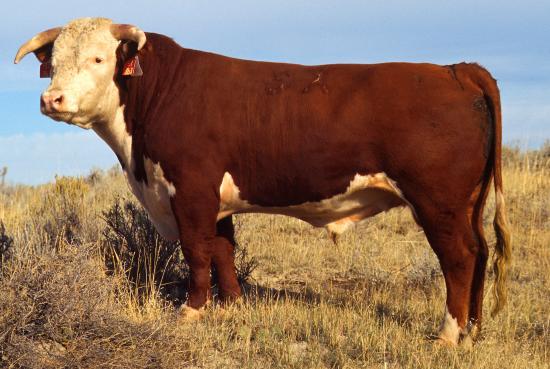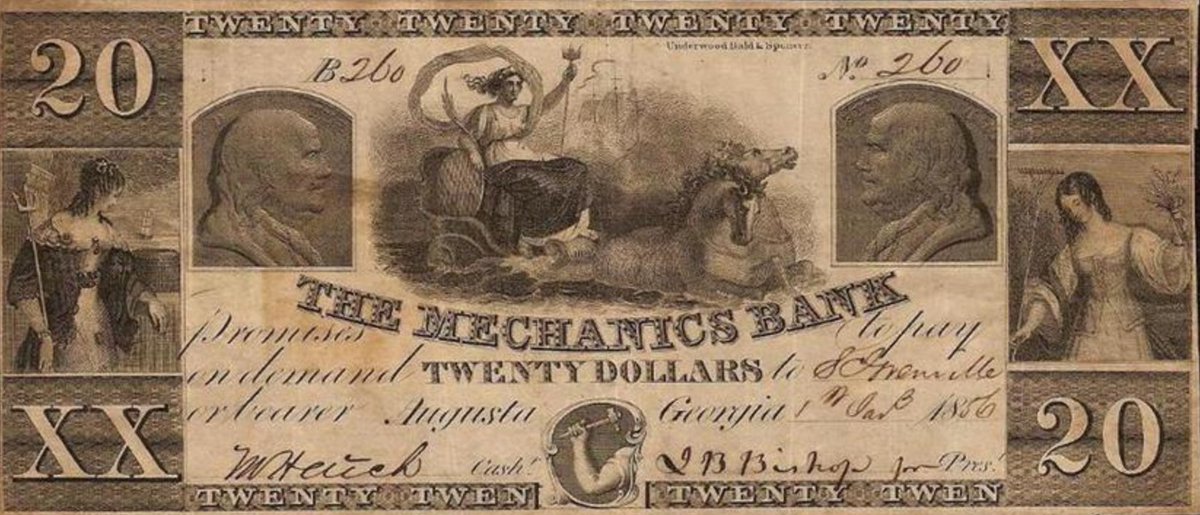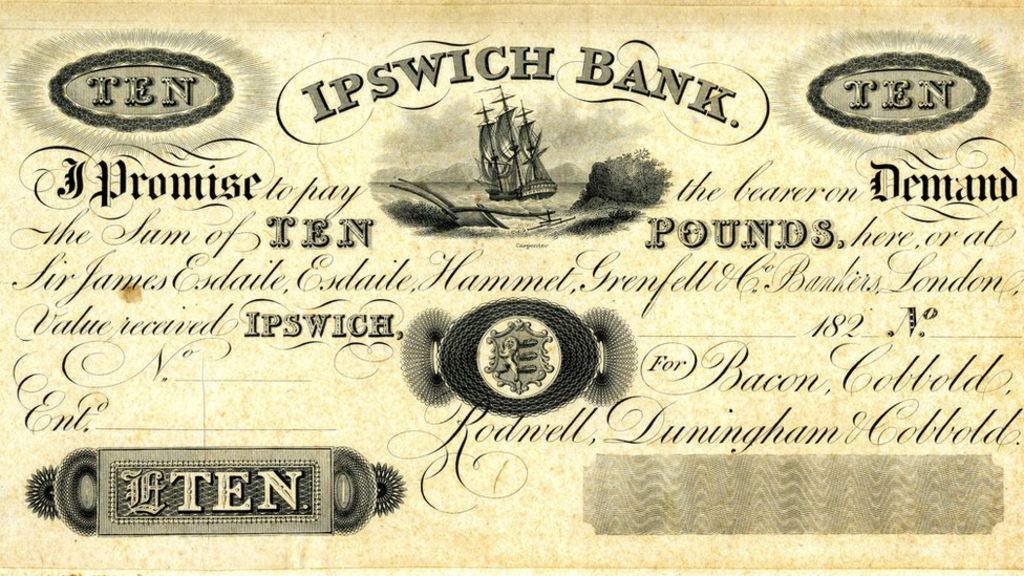
Blockchain, cryptocurrency, and smart contracts pioneer. (RT/Fav/Follow does not imply endorsement). Blog: https://t.co/zZ7lTyOrtS
15 subscribers
How to get URL link on X (Twitter) App

https://twitter.com/hongkonginforme/status/1156688792650207233


https://twitter.com/GeorgeSelgin/status/1021553927324688386Dr. Selgin was on the mailing list with Wei Dai and myself where in 1998 cryptocurrency (bit gold, and a bit later b-money) was invented. His description of free banking was very inspirational and informative.





